“Don’t push yourself too hard.” or simply “Slow and steady wins the race.” These words speak to our natural instinct to preserve energy, a tendency that no longer serves most of us today. Modern life rarely requires us to run from lions or wonder where our next meal will come from. Yet this raises a deeper question: why should we bother pushing ourselves to become stronger and more capable? And if we do develop those abilities, for what purpose?
One of the most important factors linked to longevity, highlighted in studies of the world’s “blue zones,” where centenarians are disproportionately common, is having a clear reason for being. In these communities, caring for others and living in multi-generational households are part of everyday life. This sense of purpose provides a powerful motivation to maintain health and vitality.
When we have a compelling reason to live, what the Japanese call ikigai, it naturally drives us to contribute to family, friends, and community. That contribution, in turn, keeps us physically active and emotionally engaged. Looking after grandchildren, supporting parents, or serving our community ensures that we move, think, and connect in meaningful ways. It mirrors the rhythms of earlier times, when survival meant farming, wood chopping, or hunting.
This creates a virtuous cycle. A strong sense of purpose encourages us to take care of ourselves, and good health allows us to keep caring for others. We carry a responsibility to better ourselves not only so that we can feel good about our own lives but also so that we can expand our capacity to help those around us. If there is one truly meaningful role we all share, it is to have each other’s backs. The best way to do this is to look after and improve yourself for the benefit of those you care for. As the saying goes, you cannot pour from an empty cup. Caring for yourself is the foundation that enables you to care for others. And by the same token, a rising tide lifts all boats - the strength we build in ourselves naturally lifts the people around us.
